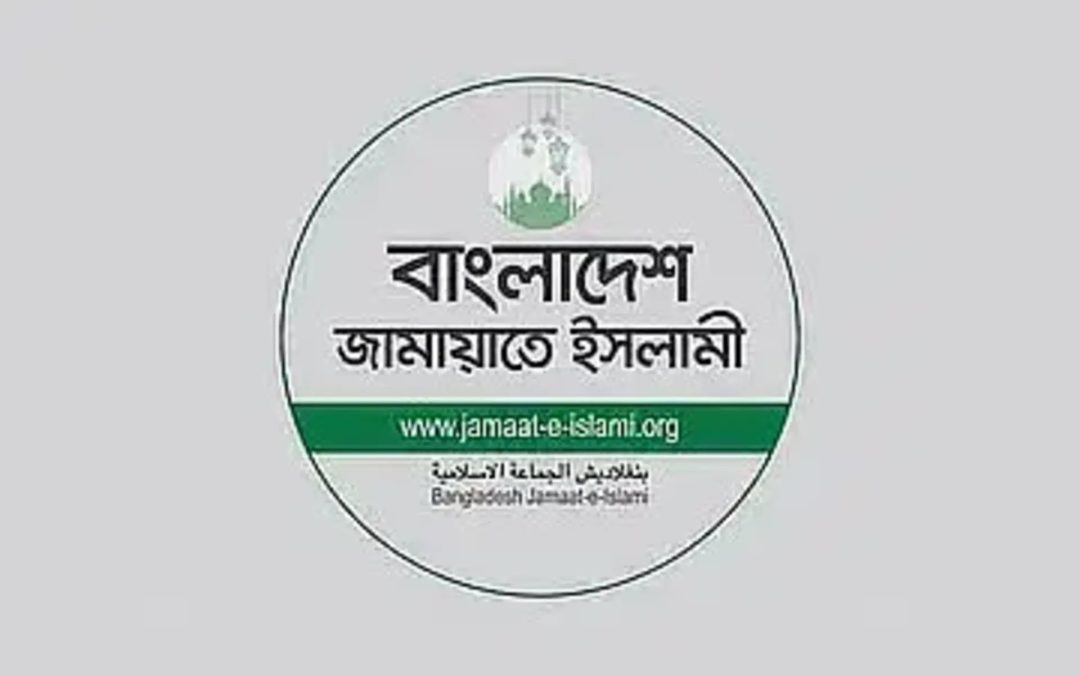“Jamaat-e-Islami logo” from the “X” (Previously “Twitter”)
Bangladesh, a country known for its strength and determination, is facing a tough political situation.
On July 26, 2024, the nation saw rising tensions as political groups accused each other of violence and human rights violations.
This article breaks down the key accusations and responses from major political figures and organizations, helping readers understand what’s happening and why it matters for the future.
Blaming Others to Avoid Responsibility
Maulana ATM Masum, the acting secretary general of Jamaat-e-Islami, accused the government of trying to shift blame onto opposition groups like Jamaat-e-Islami and others to hide its own role in the violence.
In a public statement, Masum said, “The government must take full responsibility for the violence. Every life lost must be accounted for.”
Masum claimed that the government was spreading lies to mislead the public and cover up its actions.
He also called on the government to stop making threats and instead work toward peace.
He criticized mass arrests and alleged torture of opposition leaders and activists, saying these actions only made things worse.
Violence on Campuses and Streets
Masum described the situation on university campuses and highways as disastrous.
He accused groups linked to the ruling party, like Chhatra League, Jubo League, and Awami League, of attacking students and protesters.
“Campuses and highways have been stained with blood,” he said, highlighting the pain caused to families and communities.
According to Masum, peaceful student protests were turned violent because of excessive force and false accusations.
He claimed the government was using these events as an excuse to target opposition groups and suppress their voices.
Chhatra Shibir’s Denial and Demands
Leaders of Islami Chhatra Shibir, including Central President Manjurul Islam and Secretary General Zahidul Islam, denied any involvement in the violence.
They accused the government of spreading false information to justify its actions and place blame on opposition groups.
“The ruling party leaders are responsible for the violence,” they stated, demanding accountability.
The Chhatra Shibir leaders also called for a fair investigation into the vandalism and destruction.
They emphasized the need to identify and punish the real culprits. Additionally, they warned against using state forces to spread propaganda, saying it harms trust in law enforcement.
Finding Justice and Moving Forward
To move past these challenges, Bangladesh needs truth and accountability.
Independent investigations into the violence and human rights issues are necessary to ensure justice.
Open and honest discussions among political groups can help rebuild trust and reduce tensions.
For the government to regain public trust, it must focus on the needs of its citizens instead of political power struggles.
A peaceful and stable future depends on addressing the causes of unrest and ensuring every citizen feels heard and valued.
Conclusion
The ongoing political unrest shows how fragile democracy can be during tough times.
The people of Bangladesh deserve leaders who prioritize truth, fairness, and unity.
By addressing the allegations with honesty and taking clear steps toward justice, the country can move forward with hope.
The call for peace and justice is loud and urgent, and it’s a call that leaders cannot ignore.

